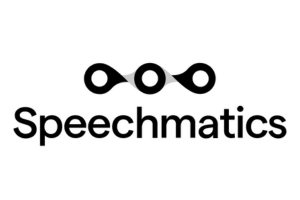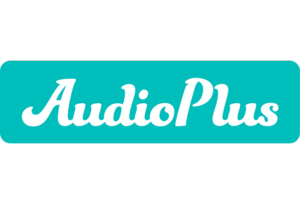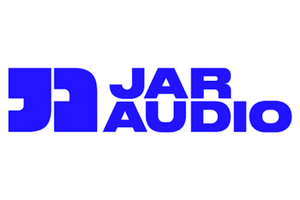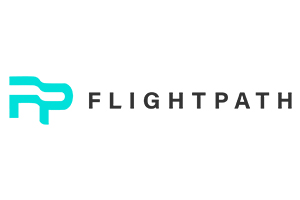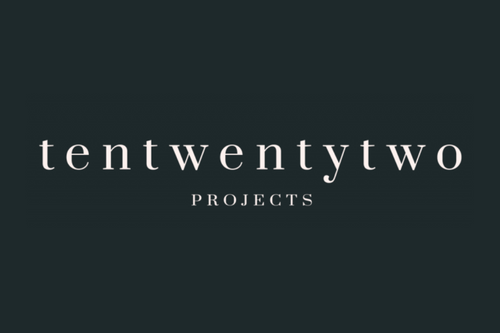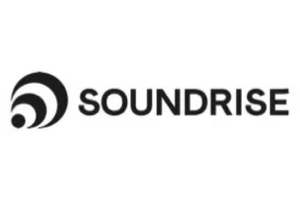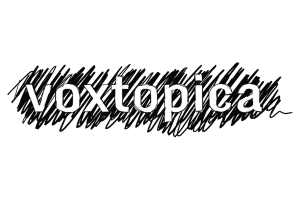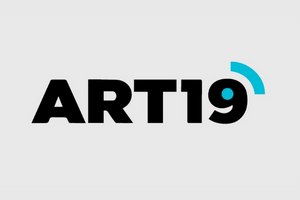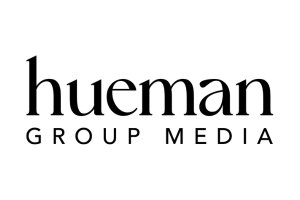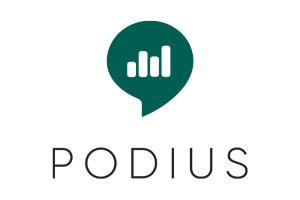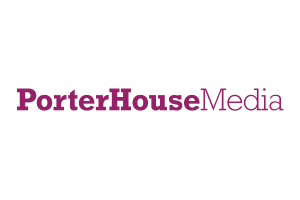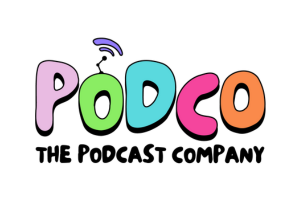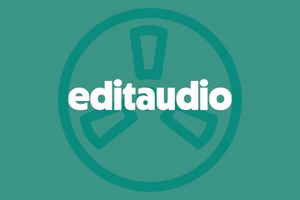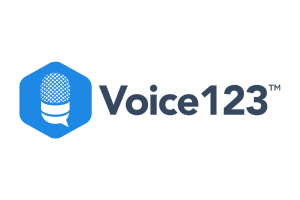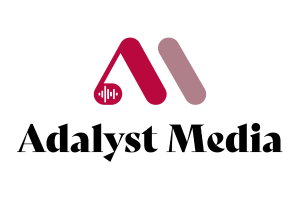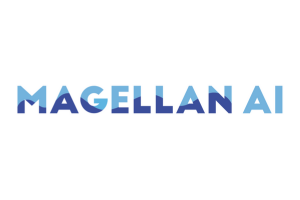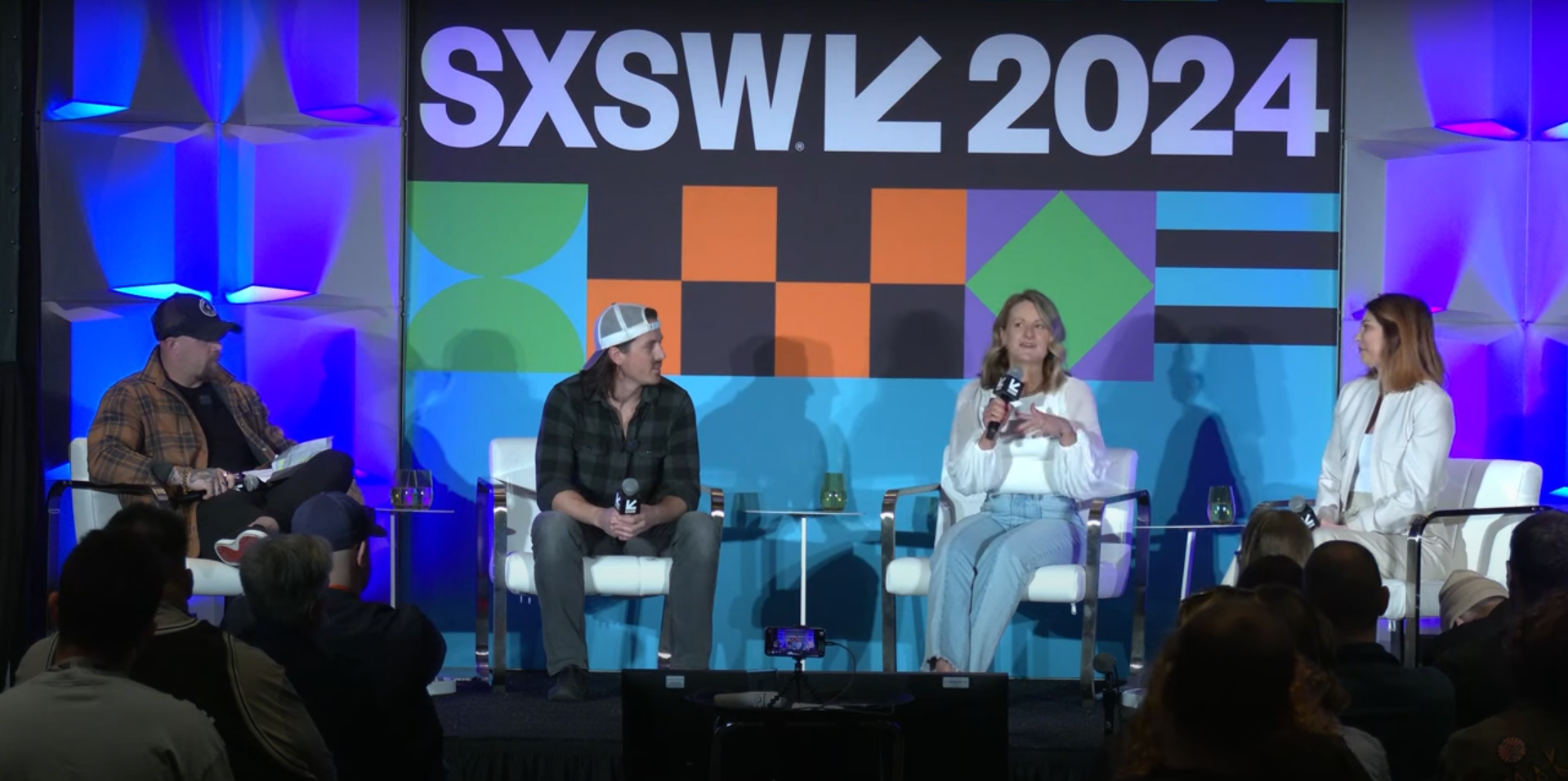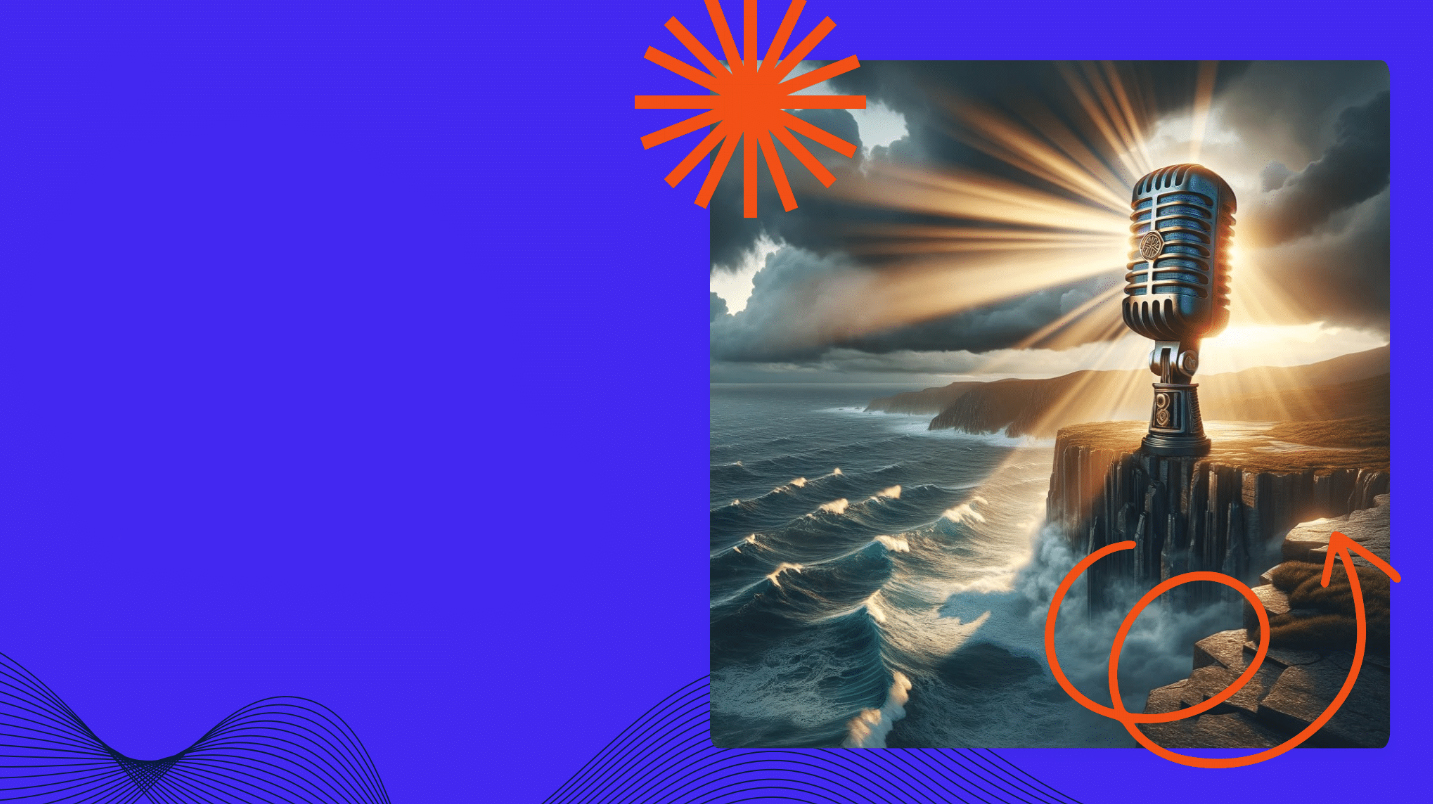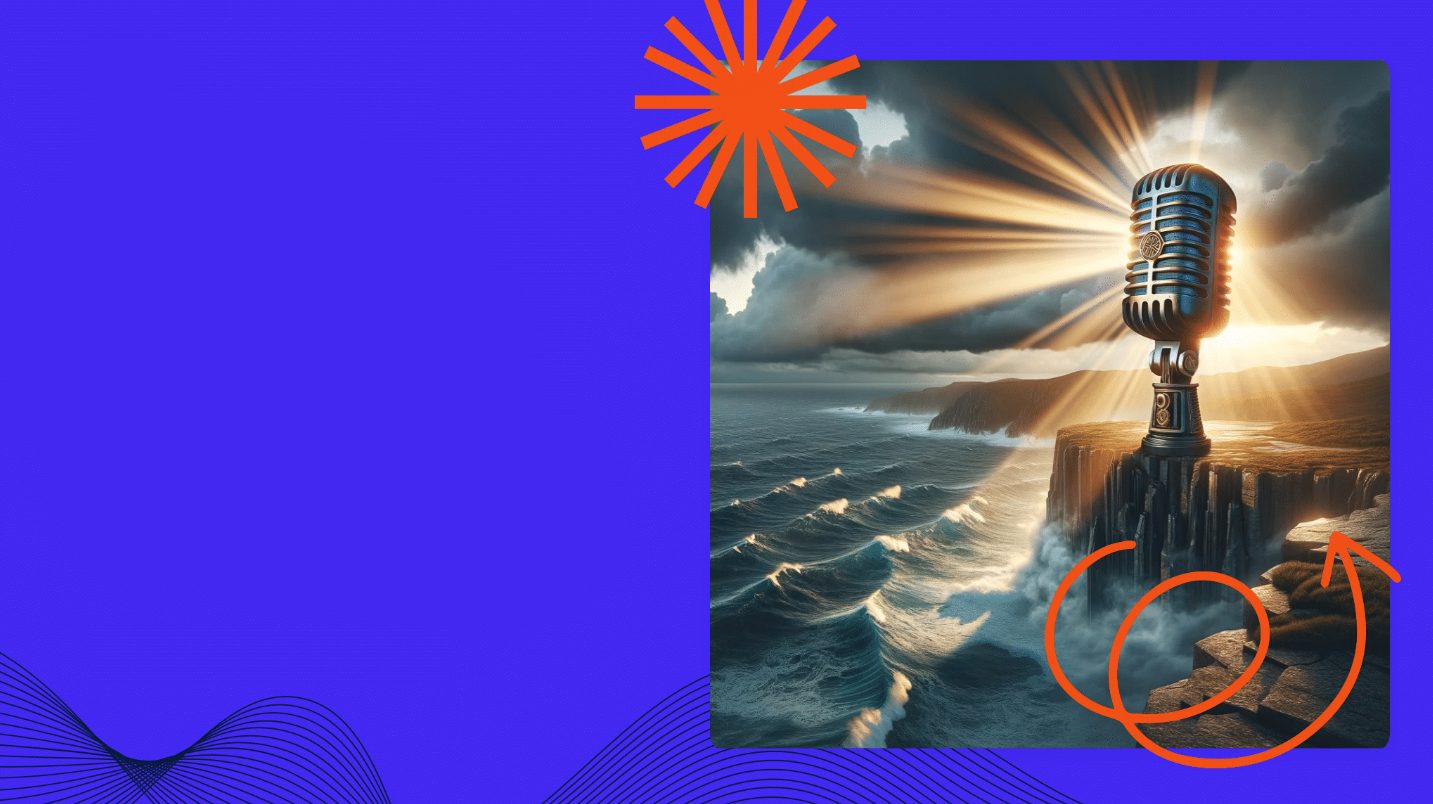Working With What We’ve Got
Your podcast player of choice (Spotify, Apple, Google Podcasts, etc) exists as the primary interface between listeners and the hosting platform. Whether on your mobile device, installed on your computer, or visited on the web, they have so much information on you, just like all the other apps you use do. Mobile Ad IDs (MAIDs), cookies, and user account information are just some of the pieces of information they gather.
But none of that is made available to podcast advertisers. Those apps, with all their information, send over just the IP address, device user agent, and the episode ID they wish to download from the listener’s device. They keep all that highly targetable hyper valuable information to themselves. The episode returned back to the listener, filled with ads targeted by the scant data provided only by those three quite un-specific values about a listener.
What those apps do with the additional information is app advertising. The content of those apps just happens to be podcasting. If they own the player experience, they could interrupt the episode, which already has its own ads in it, and play an audio ad as from the app. That’s unlikely to happen without the podcasters rethinking if they want to keep their shows on those players (imagine extra ads added into every podcast you play on Spotify).
When the player also owns the show, like Spotify has been doing, they can develop a more end to end solution when the specific show is played on that specific player. The same audio ad breaks exist in an episode, but the app dynamically adds them in real time instead of at time of download. If that show is exclusive, the player has full control over the entire experience as every episode plays inside their walled garden. If it’s not, then their inventory is split, with whatever portion is listened to through other players offering standard dynamic ad insertion with the same limitations.
This is a killer reason why exclusivity in podcasting for a major player like Spotify is a top priority. Once the Joe Rogan Experience is exclusive on Spotify, expect the price of ads on the show to skyrocket as the targeting capabilities they can offer will be on par with what Facebook and Google can offer for their signed in users.
IP Address to Geolocation
So the podcast host, where you upload your episode and mark out the ad spots, gets a request from the podcast player. Remember, all they have to work with is just the listeners IP address, device user agent, and episode ID. In real time, they have to build an episode for that listener and fill the episode with relevant ads. Your host determines what ads are relevant by taking those three pieces of information and looking them up against databases of data they’ve either purchased or built themselves.
The two big names in IP address to Geolocation lookup are Maxmind and Digital Elements. Both offer really great services, but Maxmind has public facing tools and monthly updated statistics that are perfect to use in an informative article like this. I encourage Digital Elements to offer something similar.
Podcasts are listened to on three connection types: cellular, home broadband, and corporate. Cellular would be defined as connecting solely to the internet through your phone provide, with broadband being connected to your internet service provide, and corporate being your connection wirelessly to a business (your office, Starbucks, etc). You’re either downloading/streaming the podcast at home, work, or on the go.
To not complicate things too much, there are also two types of IP addresses: IPv4, the original protocol containing around 4.3m unique combinations, and IPv6, the new protocol containing around 340 trillion trillion trillion IP addresses .All you really need to know is that nearly all solutions in podcast advertising use IPv4, and there are active discussions about utilizing IPv6 happening.
MaxMind’s most accurate product, GeoIP2 City Accuracy , boasts the following statistics for broadband connection down to an exact postal address, as updated on 07/06/2020:
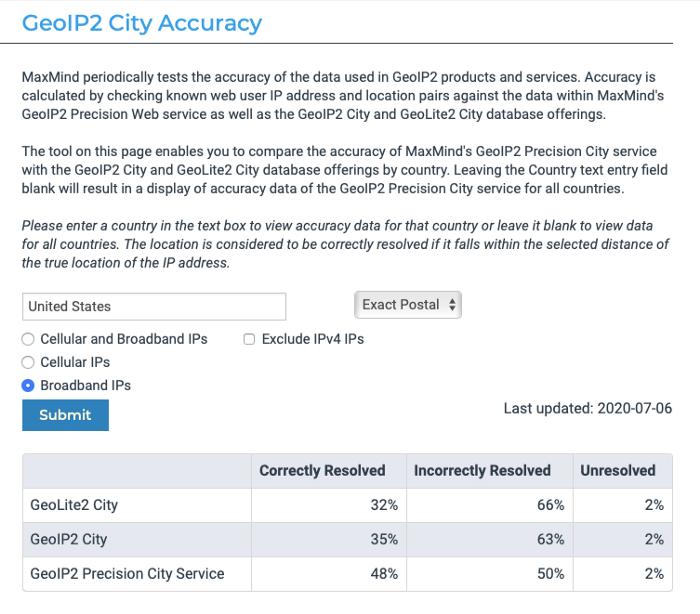
Let’s break this down: IP, the only identifier available to figure out who or where the podcast listener is, has at best a 48% chance of being correct, a 2% chance of not having information on the listener, and then a 50% chance of being flat out wrong.
How can anyone in podcast advertising claim they can geo-target an individual user, when they can’t even target the right household 52% of the time?
If the correctly resolved number was even remotely higher I would delve deeper into how a postal address doesn’t mean a whole lot in an apartment building, as it’s not going to telling you what floor or unit the listener is in, just the property address.
So I did a few tests of my own. You can play along at home too.
Charting a Path
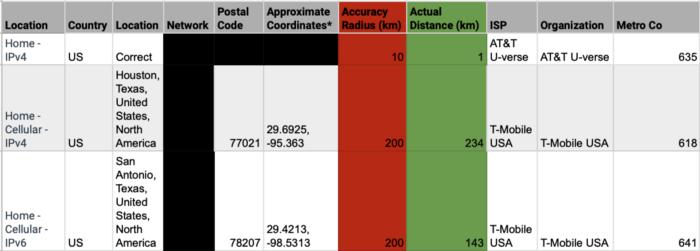
Home — Broadband IPv4
Postal, city, metro (DMA), state, and country were all accurate along with my internet provider. Initial you’d think it’s very cool to see this identify me within 1km (0.621371 miles) of my house when it said that the accuracy radius was 10km but then you learn a little bit about your small town north of Austin, Texas and find out that 2019 estimates put the population density at 1136.8/km2, and the housing density at 382.76/km2. At a 10x better match rate than MaxMind’s acceptable limits, I could be in one of 383 households and one of 1,137 people. Now imagine this in a major city and not 30 minutes from downtown Austin, TX.
Unfortunately my current household setup doesn’t offer IPv6 or I would have gladly provided that information.
Home — Cellular IPv4
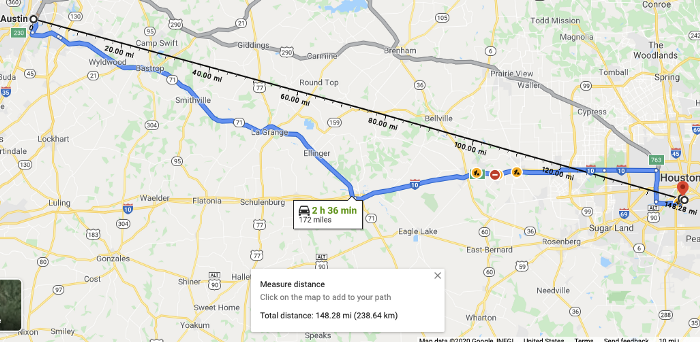
Map shows distance from Austin vs my house, which the spreadsheet represents
Home — Cellular IPv6
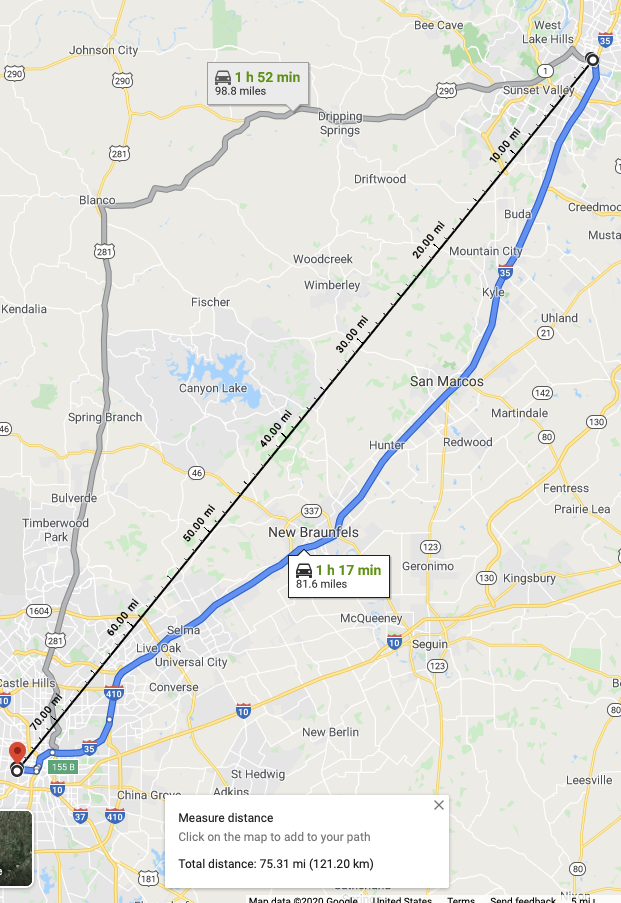
Map shows distance from Austin vs my house, which the spreadsheet represents
Both cellular lookups are just so far off that with a 200km accuracy radius, you can’t even claim you know what state I’m in (Houston is less than 200km from the Louisiana boarder).
Destination Unknown
So how do we as an industry improve?
Unless you want to start knocking on Apple and Spotify’s doors asking them to send more data to your hosts, the answer is that we accept what we can offer for geotargeting at this point: city and zip code from broadband IP addresses only.
There are definitely some clever companies out there utilizing IP based geolocation to define “digital households”. By taking in additional device user agent data and looking for trends to identify a unique user based on their listening behavior, it’s not unrealistic that you could create a grouping that would have value for targeting.
Another area where we can find substantial success from this data is focusing on states and countries. Growing up in Massachusetts I would see ads for Sonic fast food every day even though the closest location was in New Jersey. Targeting your ads to only the markets they’re in makes a big difference. Just ask your Australian friends about all the US only products they receive ads for on their podcasts.
Educating and sharing collateral like this article with agencies and advertisers coming from digital makes a big impact. Helping everyone understand that targeting is different in podcasting sets the tone for us to all grow together instead of struggling to fit into a mold that wasn’t built for what we’re offering.
The good thing is that we’re all in the same ocean. A rising tide lifts all boats.


















































